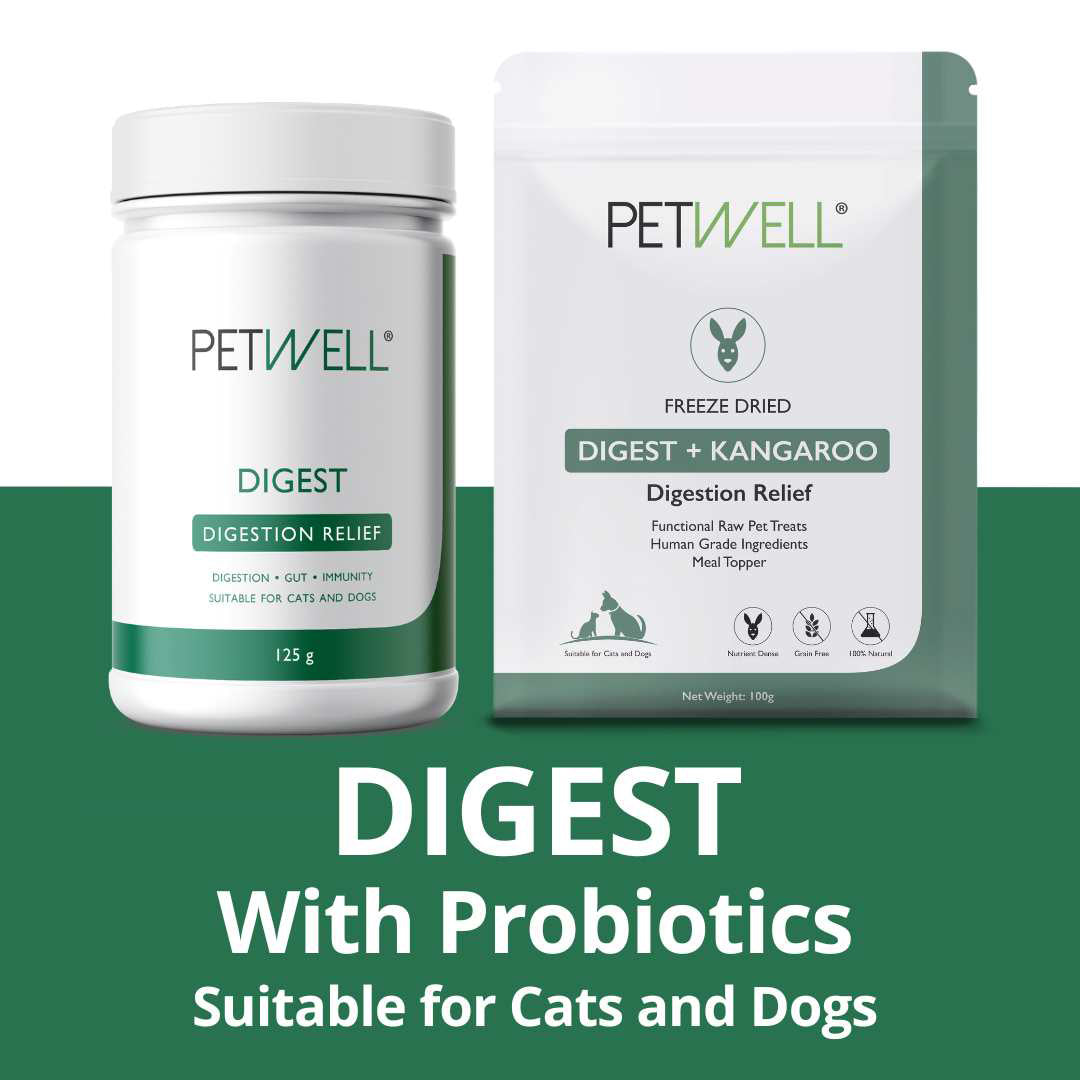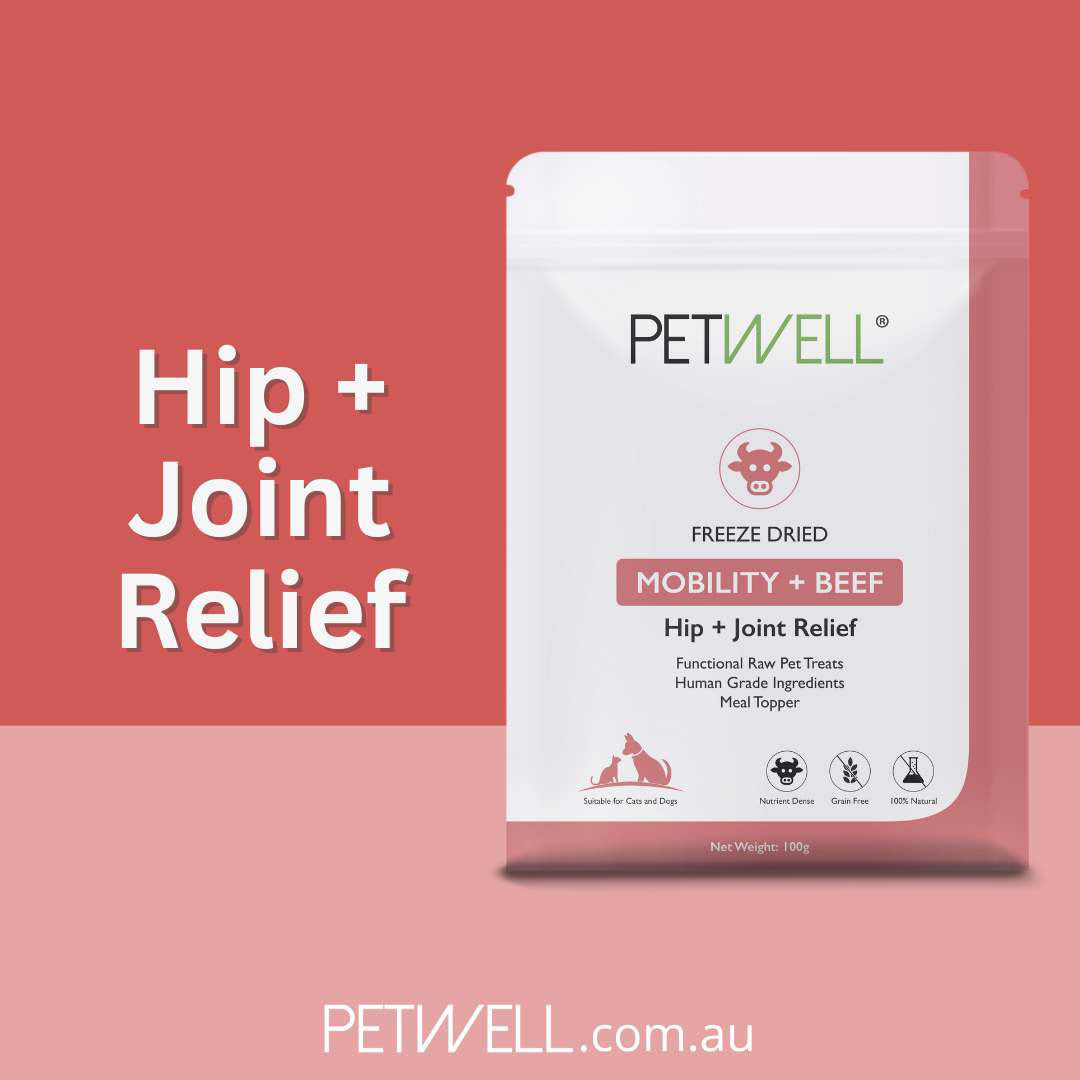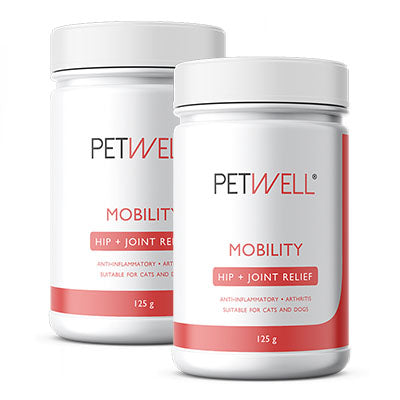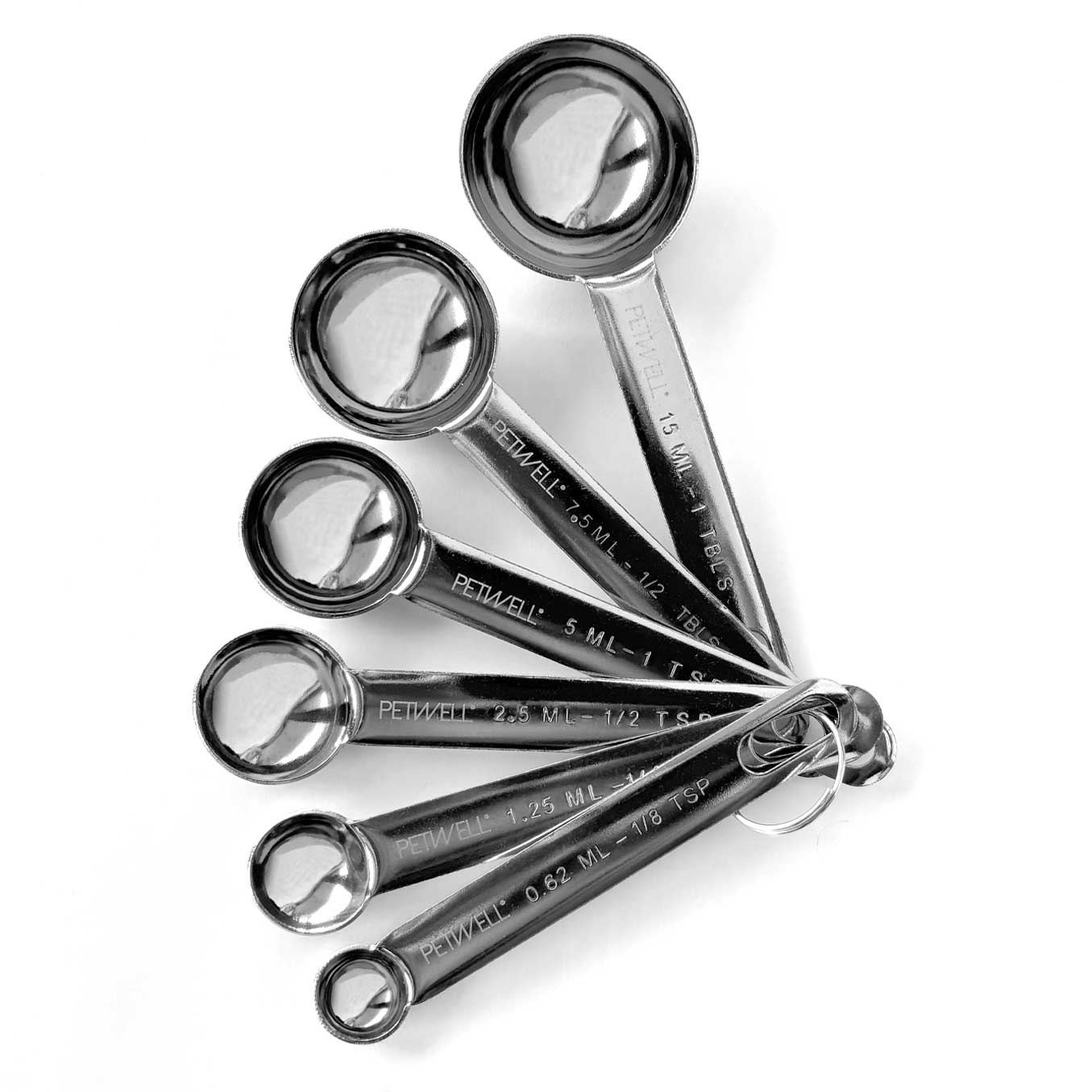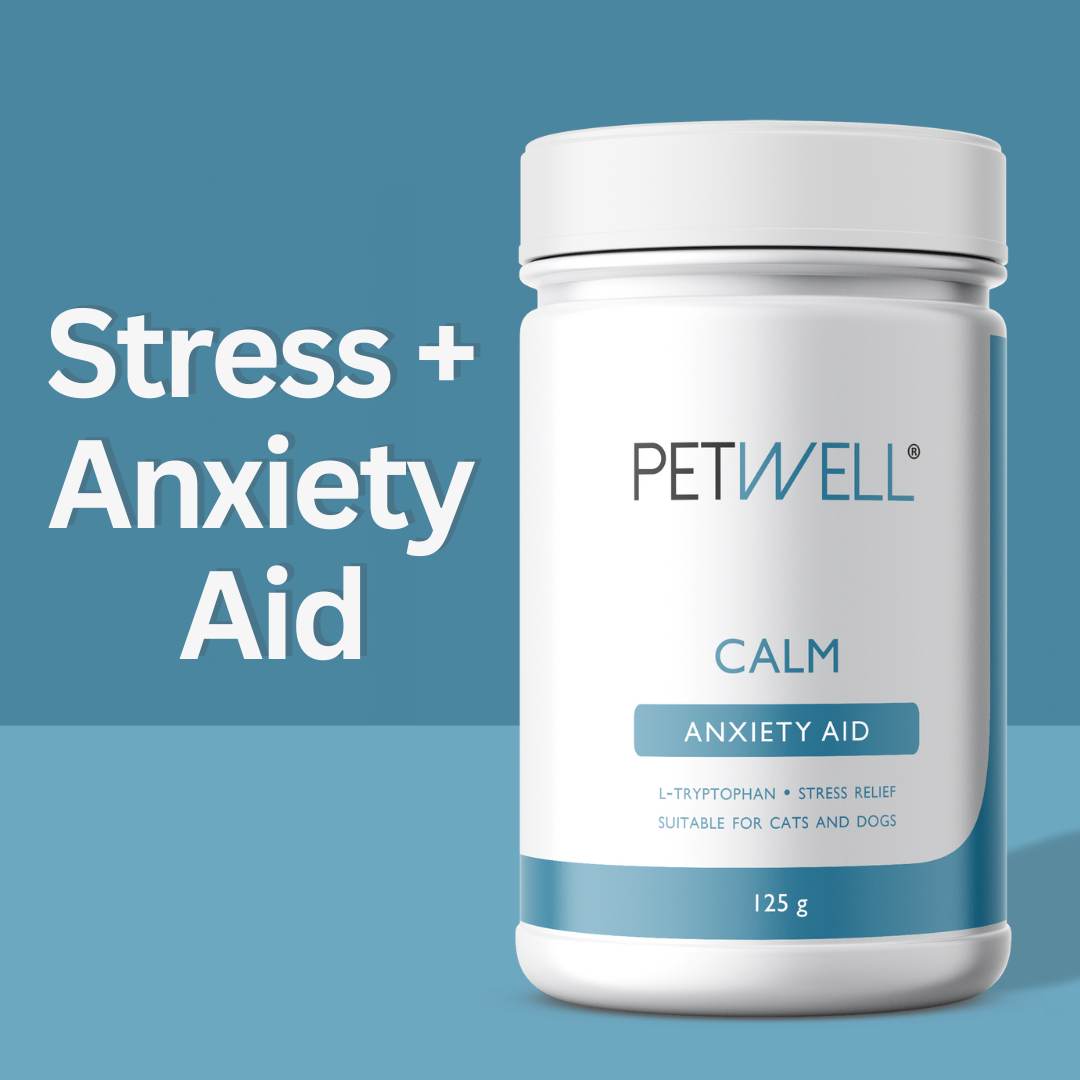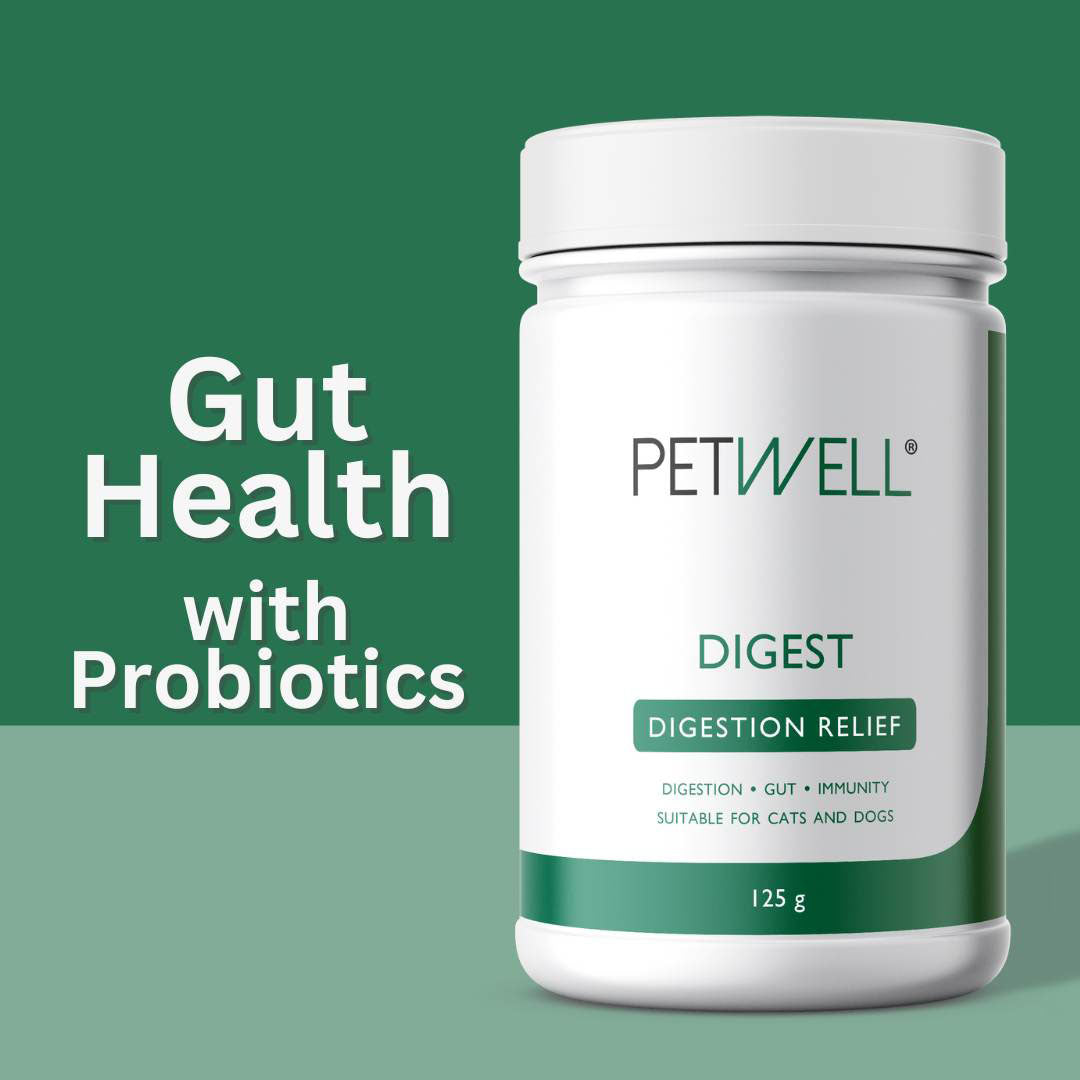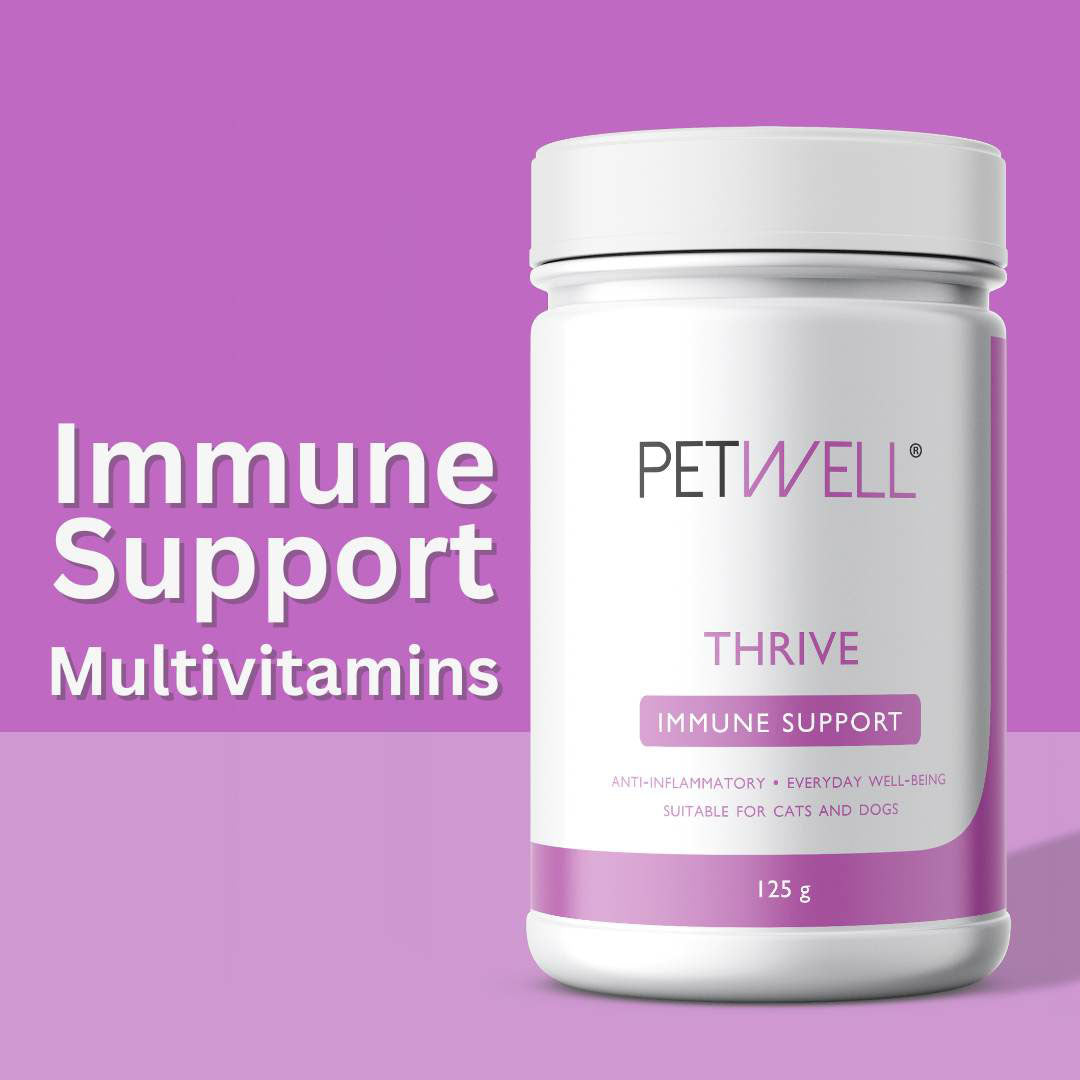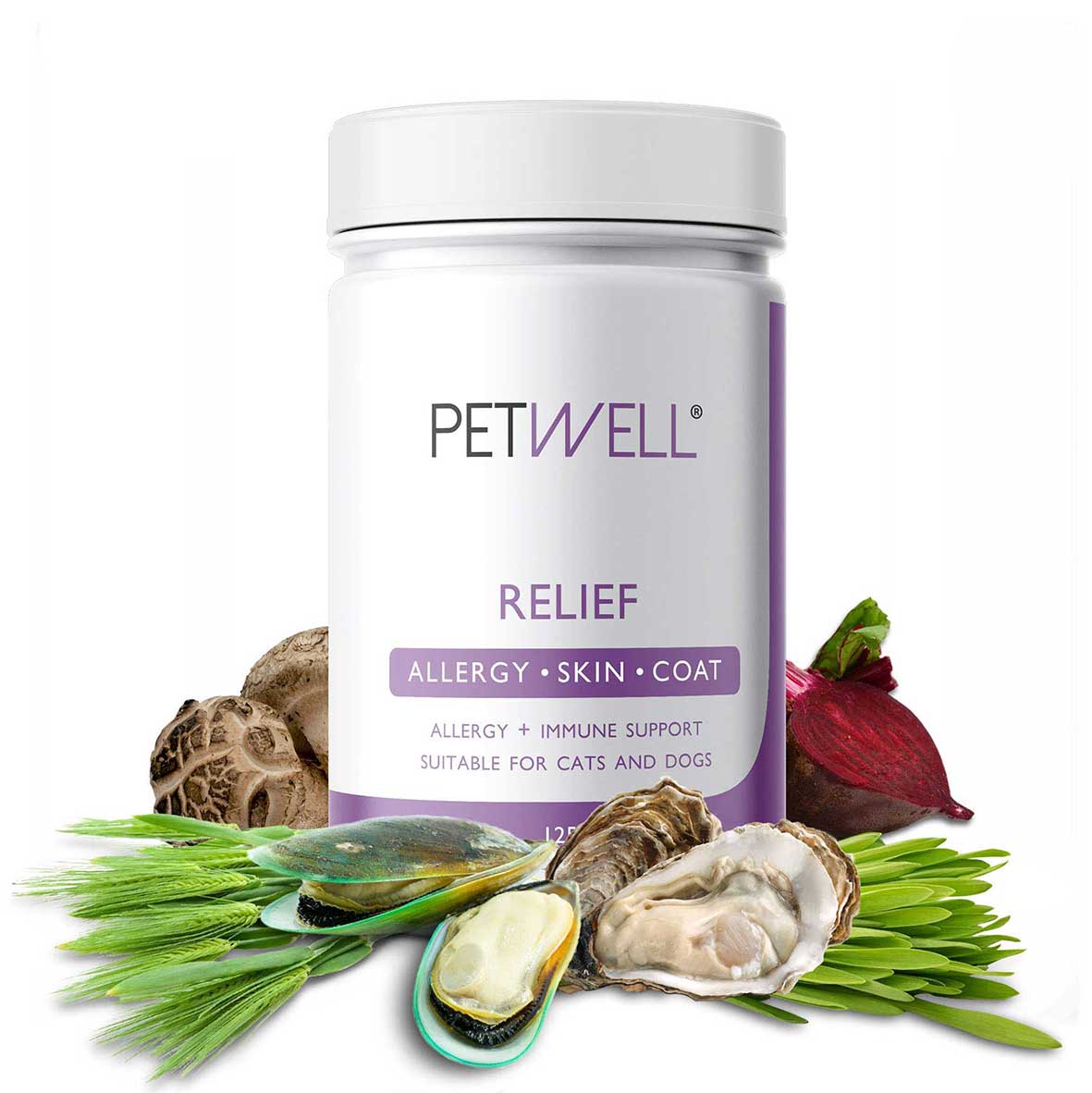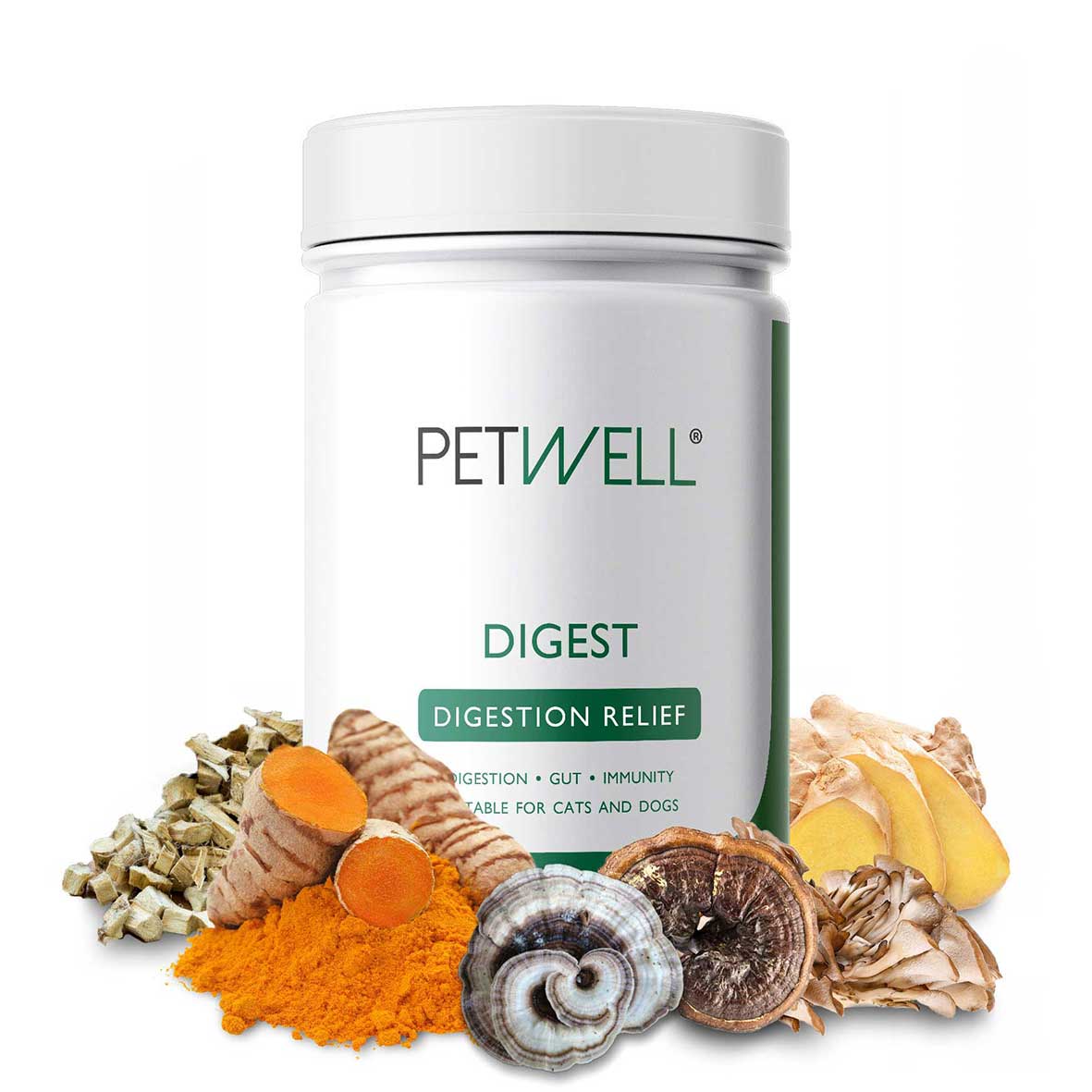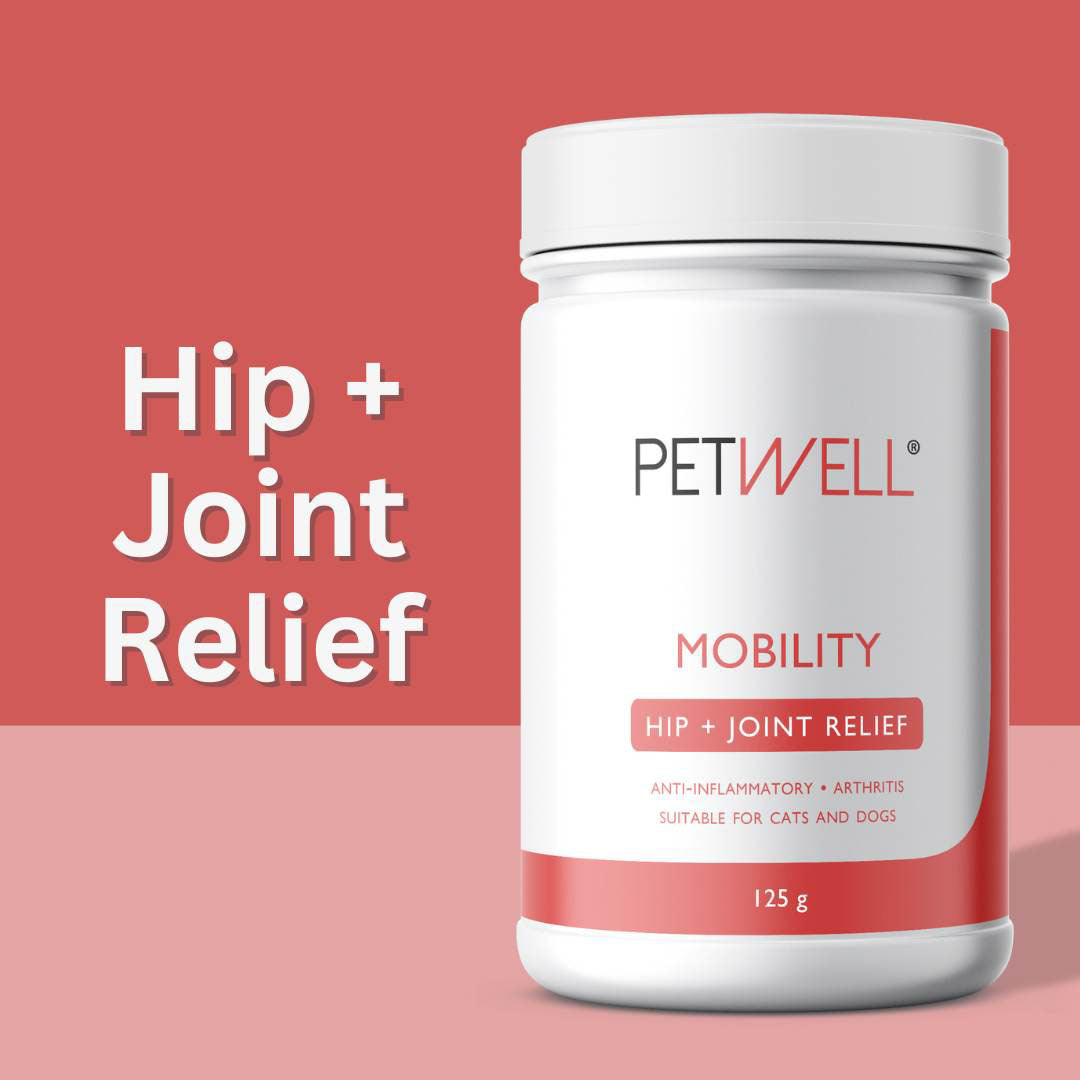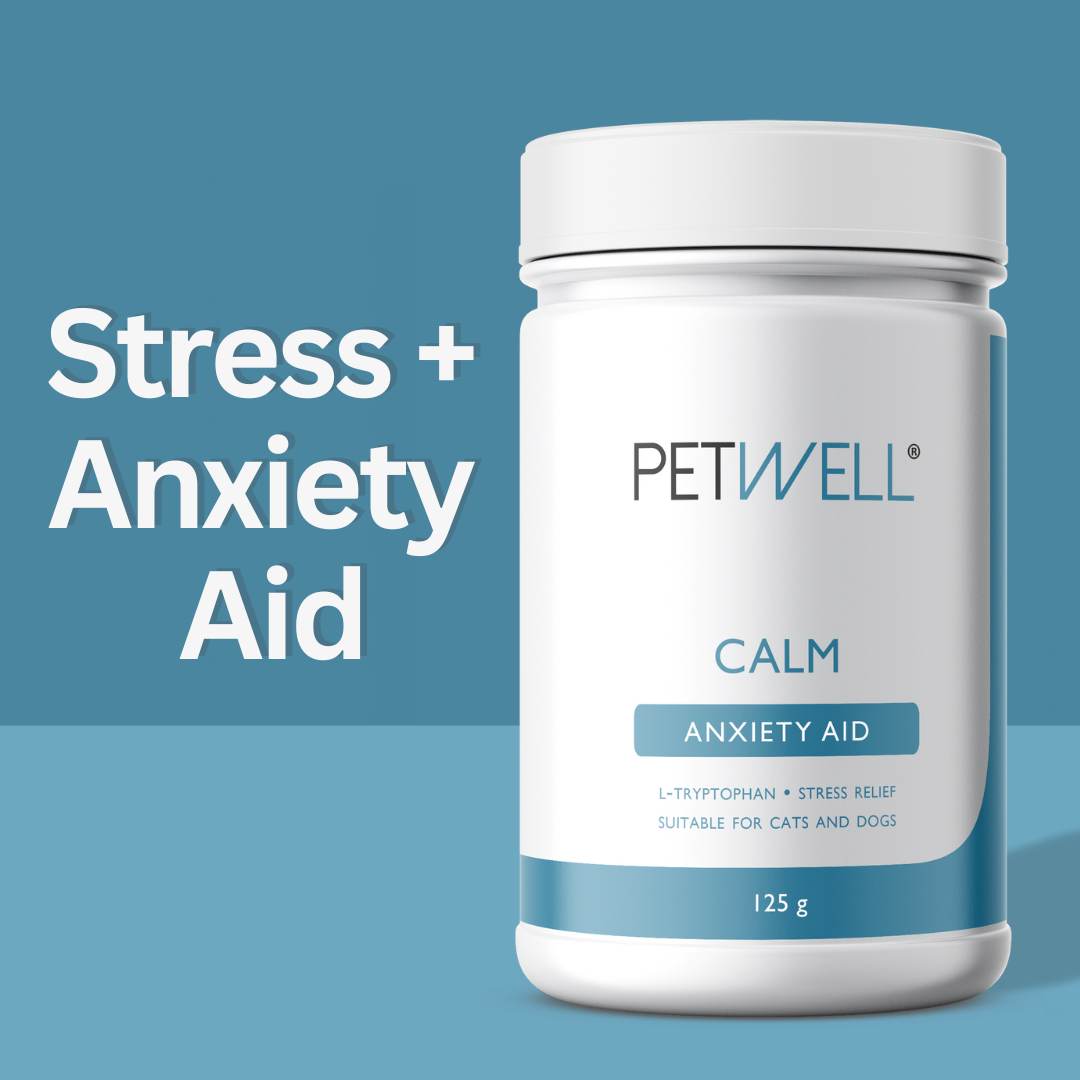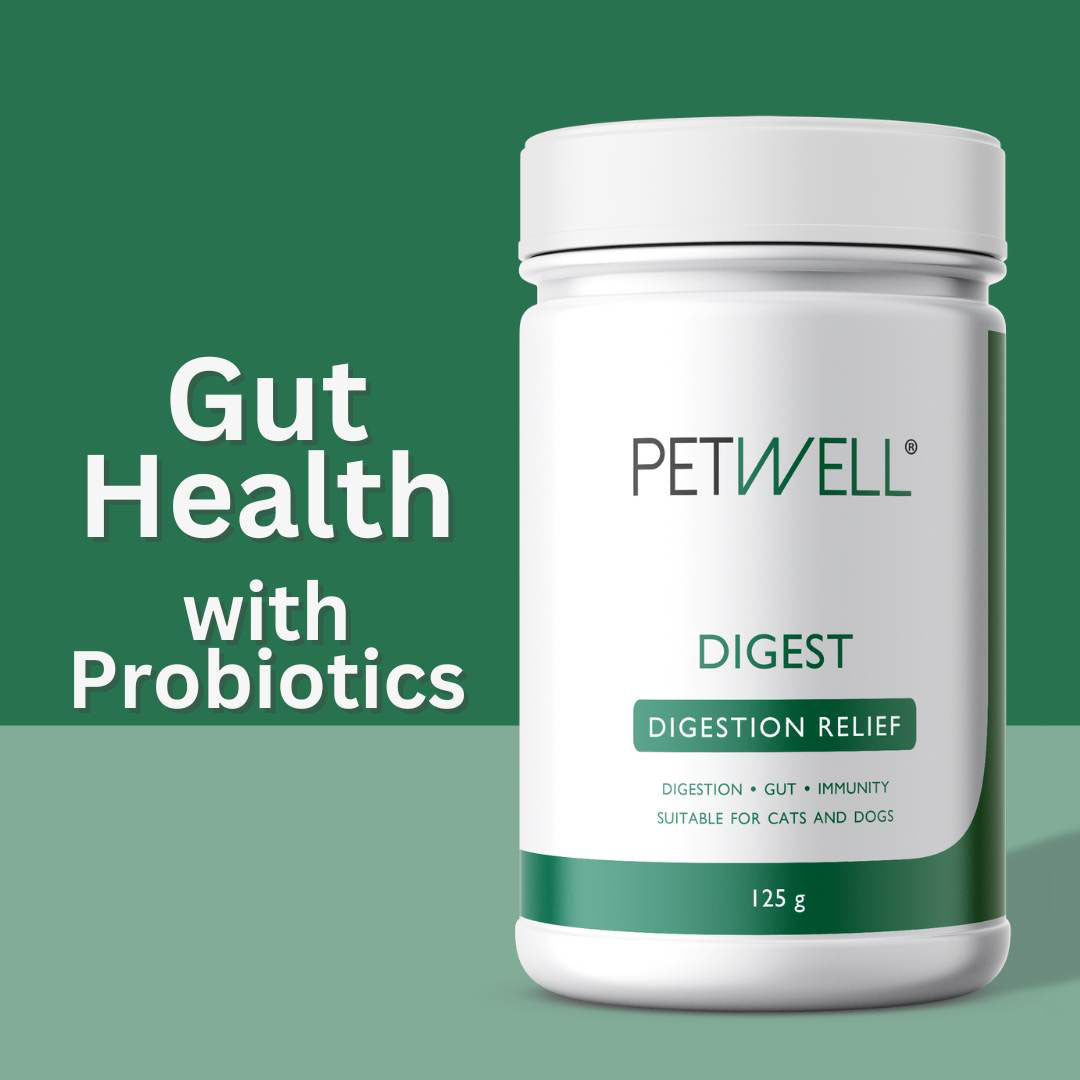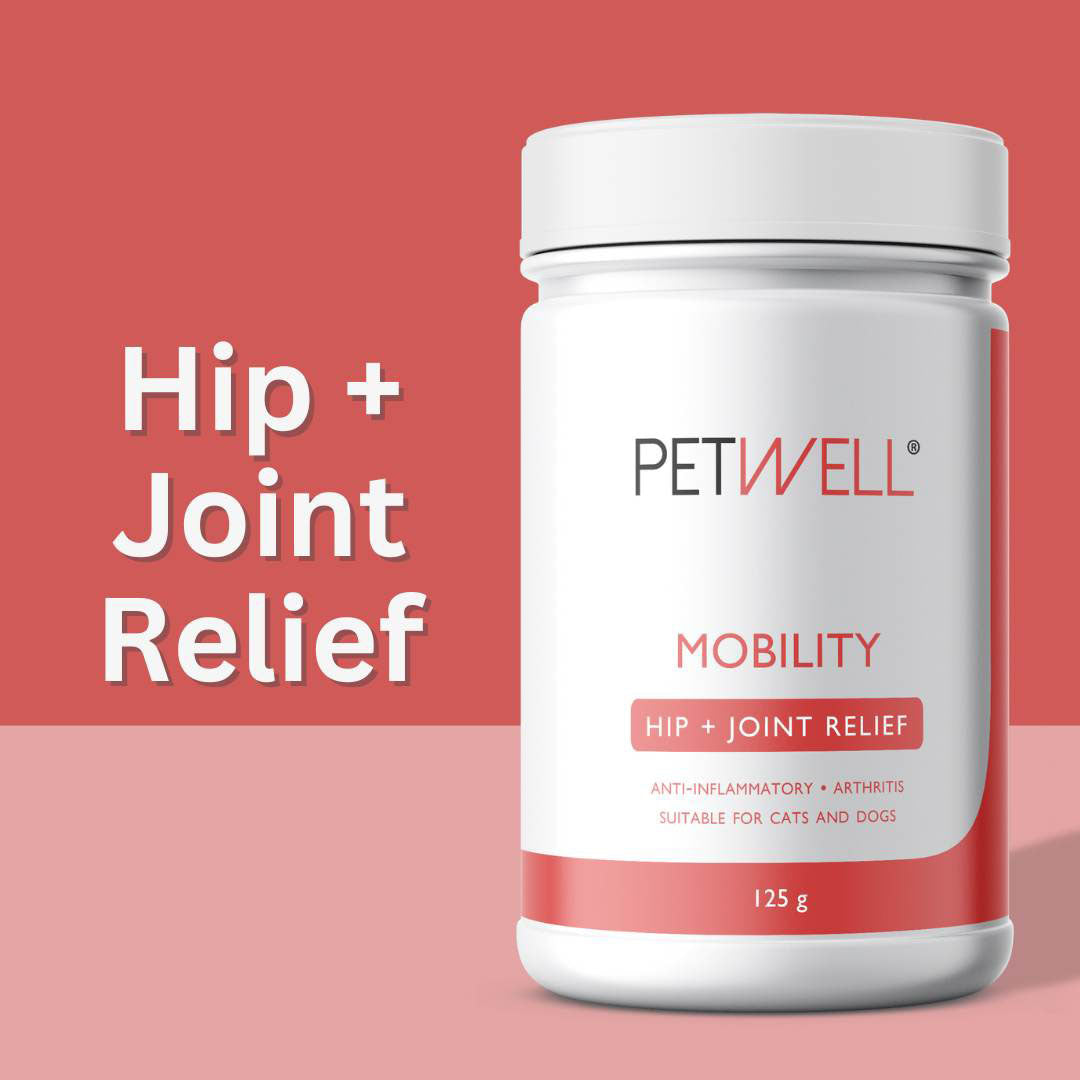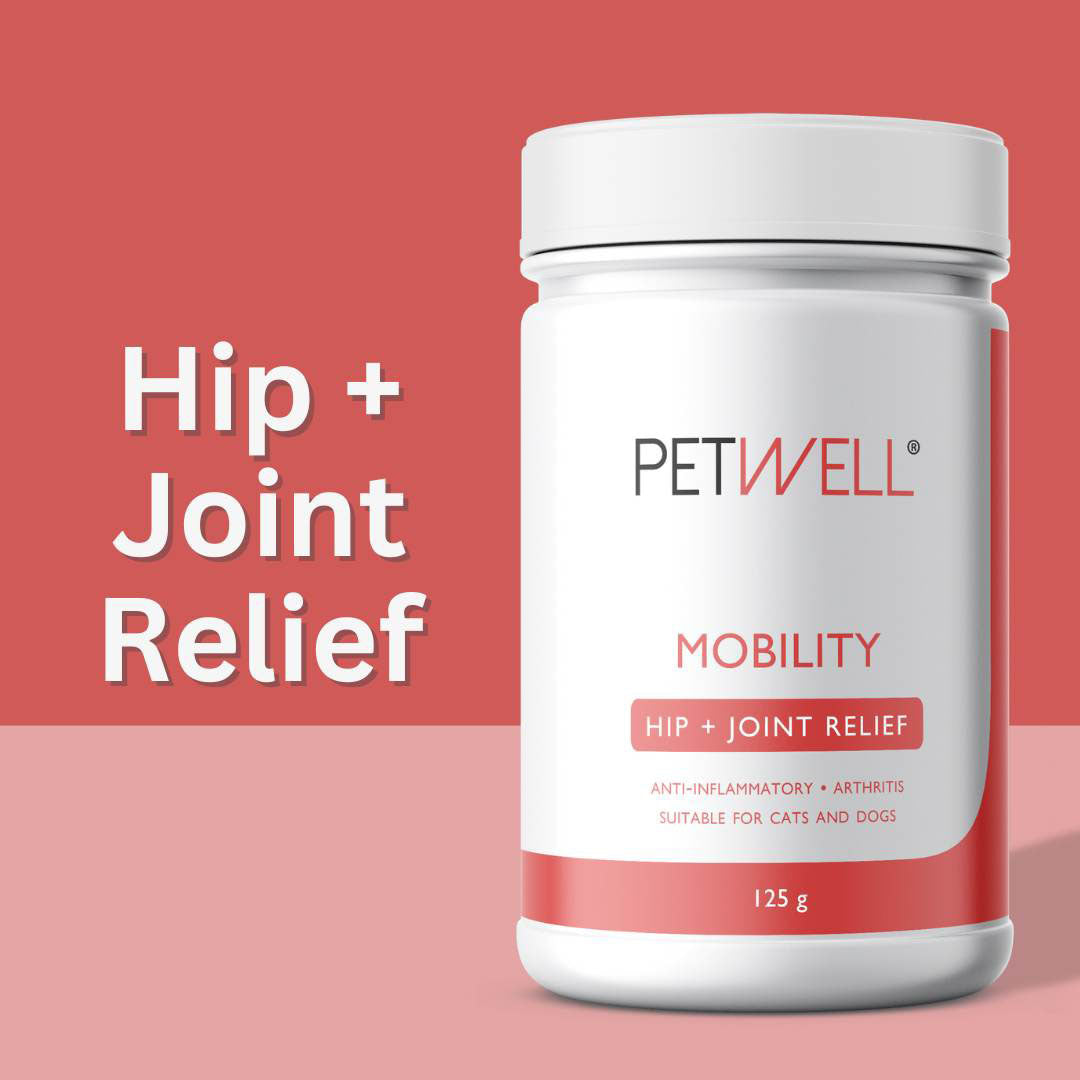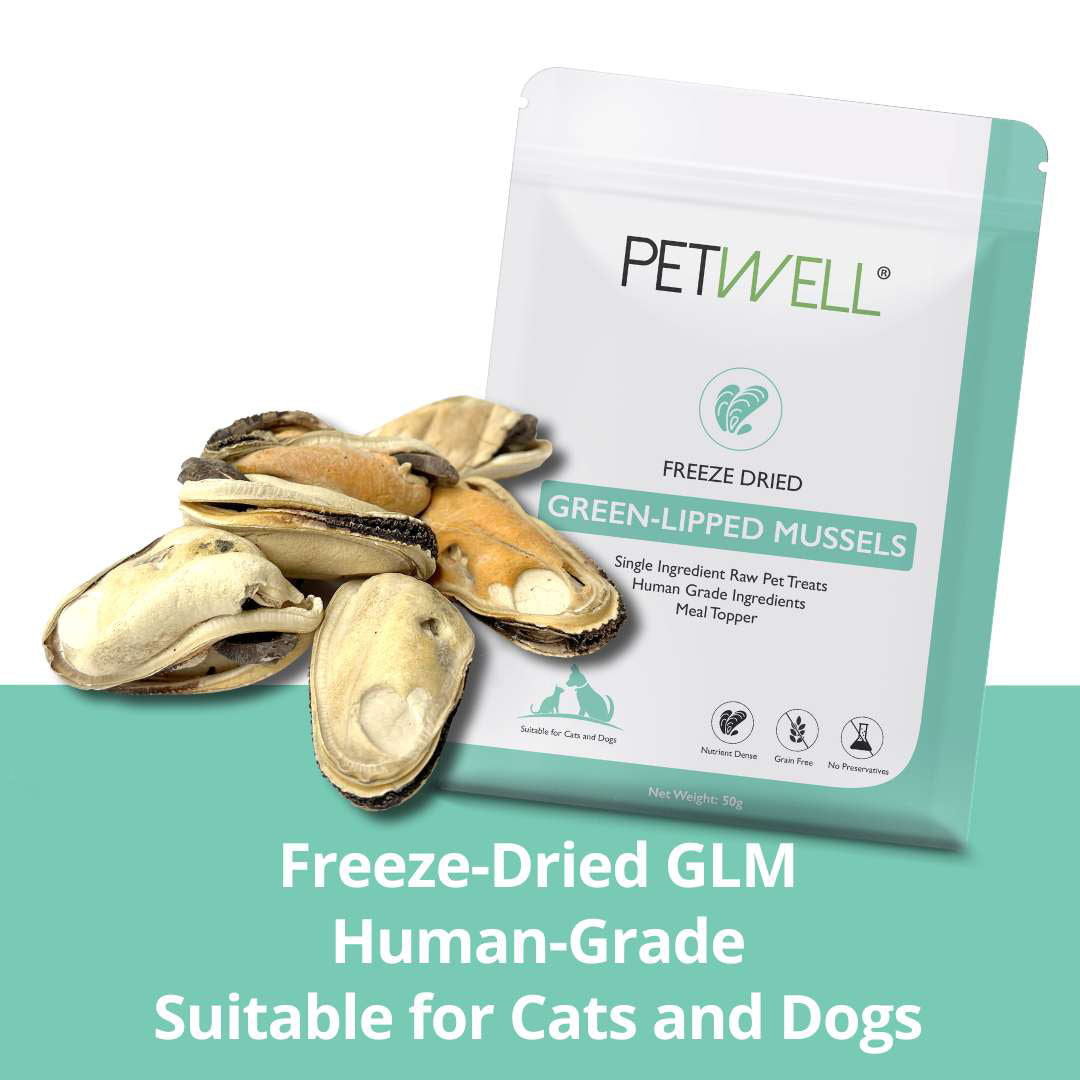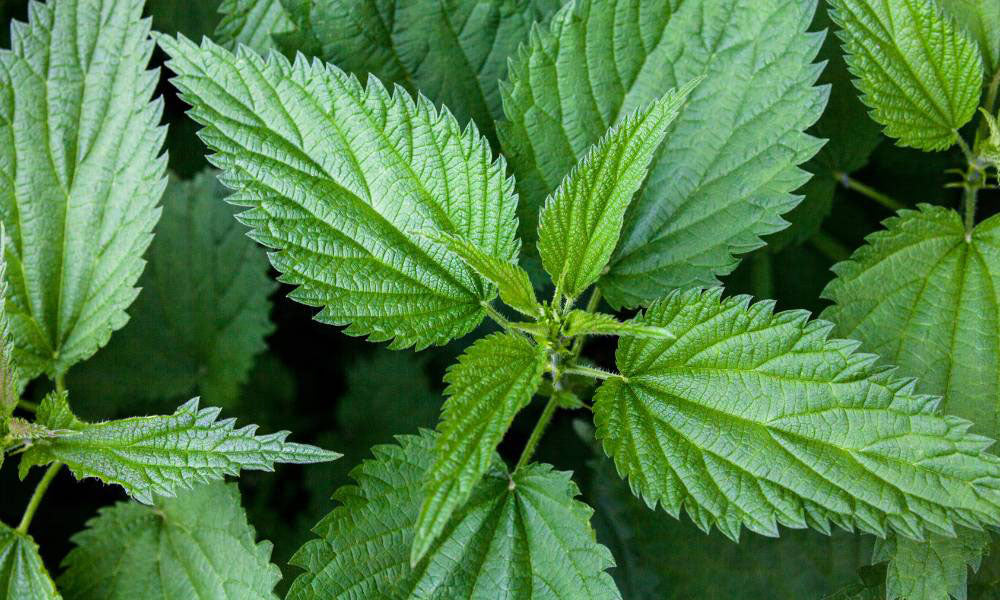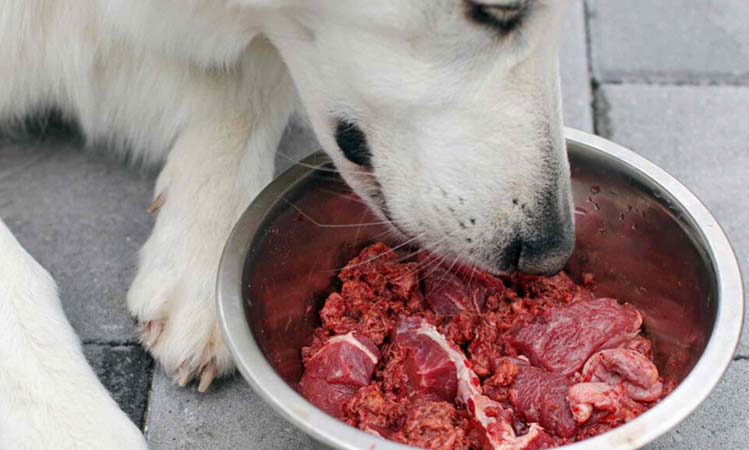At PetWell, we know firsthand how frustrating it can be to see your dog constantly scratching, licking, or dealing with skin flare-ups. That’s why more pet parents are looking for gentle, natural remedies to help soothe allergies, without reaching for harsh medications straight away.
In this guide, we’ll explore holistic solutions that work from the inside out, including simple food tweaks, soothing topicals, and immune-boosting support from our all-natural PetWell RELIEF supplement, made right here in Australia for allergy-prone pets.
Quick Take: PetWell’s Natural Approach to Allergy Relief
- Allergy relief from within with PetWell RELIEF’s allergy-fighting properties
- Soothing skin solutions you can make at home
- Gut-first health with PetWell DIGEST to strengthen immunity naturally
- Anti-inflammatory foods like green tea and apples to reduce histamines
While the incidence of allergies in dogs appears to be rising, it could also be due to improved awareness
What Causes Allergies in Dogs?
Allergies are like little immune system misfires, your dog’s body reacting to something that should be harmless. Here are some common triggers:
- Pollen, grasses & dust mites (hello, springtime!)
- Food sensitivities often chicken, beef, wheat or dairy
- Breed genetics Labradors, Pugs, Bulldogs and Shepherds are commonly affected
- Modern lifestyles indoor living, poor diet, over-clean environments
- Immune dysfunction where the body is always on high alert
PetWell RELIEF was designed to gently rebalance your pet’s immune system using nature’s best anti-allergy ingredients no nasties, fillers, or synthetic stuff. Read more about the Best Skin and Allergy Supplement for Dogs
Why Food is a First Line of Defence
Food isn’t just fuel, it’s medicine too. Anti-inflammatory ingredients can help calm the allergic reaction and bring your dog’s body back into balance.
Reduce Histamines Naturally
Ingredients like quercetin (found in apples, green tea and broccoli) are natural antihistamines. They help reduce itchiness and inflammation by calming the body’s histamine response.
Balance the Immune System
Omega-3 fatty acids, zinc, and vitamin E help regulate immune overreactions and reduce skin inflammation. You’ll find these (and more!) in PetWell RELIEF.
Heal the Gut to Help the Skin
A healthy gut is a powerful immune ally. When the gut is out of whack, it can trigger allergy symptoms. Add prebiotics, fibre, and gut-loving herbs, or just sprinkle in PetWell DIGEST to support your dog’s digestion and nutrient absorption, it has everything your pet needs! You can read more here on Dog Digestive Issues
Ease Discomfort Naturally
Turmeric, Burdock Root, and moringa leaf are warming anti-inflammatories that help ease allergy discomfort. Our RELIEF formula includes all three plus more, because your pet deserves real relief.
Natural Topical Remedies for Itchy Dogs
Sometimes, your dog just needs immediate itch relief. These gentle home remedies can calm the skin while your dog heals from within:
- Chamomile tea soak – calming and antibacterial
- Pure aloe vera gel – cooling for red, inflamed skin
- Coconut oil – a natural moisturiser with antimicrobial benefits
- Calendula cream – herbal support for healing skin
- Oatmeal baths – a classic for soothing hot spots
- Witch hazel (alcohol-free) – gently dries moist rashes
- Apple cider vinegar rinse (1:3 with water) – helps restore skin pH
- Baking soda paste with water – relieves itch and promotes healing
- Green tea rinse – antioxidant-rich support for skin health
Pro tip from the PetWell team: Always patch test new topicals on a small area of skin first
The Gut–Skin Connection (And Why It Matters)
Here at PetWell, we always say: Happy gut, happy pup.
A healthy gut microbiome helps regulate your dog’s immune system, reduce inflammation, and absorb more of the good stuff. If your pup is struggling with allergies, it could be a sign their gut is out of balance.
Try adding in natural toppers or boost their meals with PetWell DIGEST supplement or DIGEST + KANGAROO treat toppers, which includes prebiotics, and nutrients that support digestion.
Lifestyle Habits That Make a Difference
Managing allergies takes a full-circle approach. Support your pet’s healing journey with these PetWell-approved tips:
- Choose a clean, high-quality diet with minimal allergens
- Wash bedding weekly and vacuum regularly
- Switch to natural, non-toxic cleaning products
- Let your dog explore outdoors (microbes are magic!)
- Use gentle, non-synthetic shampoos and sprays
- Encourage play, sunshine, and sniffy walks
Need a daily supplement to help tie it all together? PetWell RELIEF was formulated to do exactly that.
When to Chat with a Holistic Vet
Natural support is powerful, but sometimes you’ll need extra help. If your dog has:
- Red, raw or bleeding skin
- Ongoing diarrhoea or ear infections
- Low energy, appetite changes, or behavioural shifts …it’s time to seek a holistic vet’s guidance. They can test for food intolerances, environmental allergies, or microbiome imbalances.
Final Woof: Your Pet Deserves Gentle, Natural Relief
Your dog’s allergy journey might be complex, but your approach doesn’t have to be. With natural remedies, simple lifestyle shifts, and powerful plant-based support from PetWell RELIEF and DIGEST, you can help your pup feel more like themselves again.
Every scoop, treat, and remedy we create is made with love, backed by nature, and approved by pet parents (like you).
FAQ: PetWell Answers Your Allergy Questions
Q: What symptoms suggest my dog has allergies?
A: Itching, licking paws, skin irritation, rashes, ear infections, tummy troubles, and frequent sneezing can all be signs.
Q: What’s in PetWell RELIEF that helps with allergies?
A: A powerful blend of wheatgrass, spirulina, nettle, turmeric, oyster extract, NZ green-lipped mussels. beetroot and more, each one chosen to reduce inflammation and strengthen the skin.
Q: Can gut health really help my dog’s skin?
A: Absolutely! 70% of the immune system lives in the gut. Supporting digestion helps calm the immune response.
Q: Is this safe for long-term use?
A: Yep! PetWell RELIEF and DIGEST are both gentle enough for everyday use and made with human-grade, vet-approved ingredients.
Q: Is RELIEF good for cats too?
A: Yes. It is specifically formulated for dogs and cats.
References
Dog and Cat Allergies: Current State of Diagnostic Approaches and Challenges
Food allergy in dogs and cats: a review
Dog allergy, a model for allergy genetics
Diagnosis and management of food allergy and intolerance in dogs and cats
